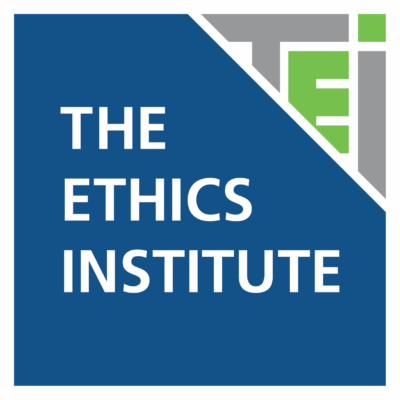Continuing a trend since the 2021 survey, employees in South Africa are among the most likely to be aware of their organisations providing four building blocks of an ethics programme. They also have positive perceptions of the commitment and ability of their organisations and their managers to engage on ethics with stakeholders, both internally and externally.
Employees in South Africa are among the most likely to say that they feel pressured to compromise their organisation’s standard of behaviour and to be aware of misconduct at work. However, they are also among the most likely to raise concerns about misconduct and to be satisfied with the outcome after speaking up. While the perceptions around the ability of line managers to set a good example for ethics (and explain its importance) are generally very positive, employees in South Africa are among the most likely to also say that their line manager rewards employees who achieve good results even if that is through practices that are ethically questionable.
Data for South Africa were first collected in 2021 as indicated in the global report. For the first time, historical trend can be reported by comparing 2024 data against 2021 data.





